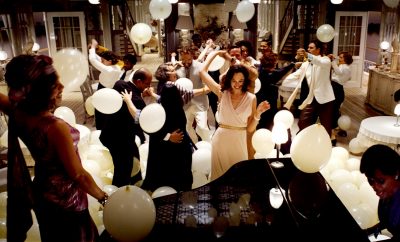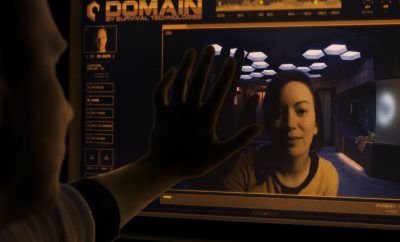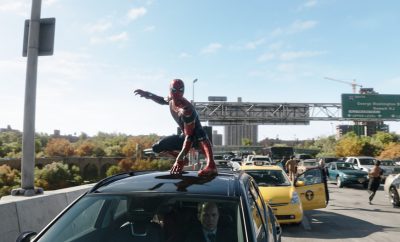
Movies
Movie Review: Sully Satisfies
Tom Hanks had just come back from oversees from shooting one of his many recent films. He was tired and needed some time off and had made the decision to not take any other projects for a while. Then, he was sent the script for Sully, a screenplay, based on the book, Highest Duty about Chelsey Sullenberger, the now-famous pilot who miraculously landed his disabled US Air Airbus laden with 155 passengers and crew into the Hudson River in January 2009.
Hanks figured he’d at least read the script, since the project was being produced and Directed by Clint Eastwood. Well, long story short; he was hooked and committed to the film, and we’re glad he did. Sully has surpassed $125 million in box office revenue and in this reporter’s opinion, has a legitimate shot at an Academy nod in at least a handful of categories.
Eastwood and Hanks are their usual masterful selves, first as presenting the character of Sully as possessing traits all men wish they had; honesty, selflessness, modesty, self-assurance and total accountability. This created, what a lot of Americans have never witnessed; the inner strain on Sullenberger. While being the toast of New York (and the country) in the media, Sullenberger was facing doubters within the various agencies involved as a result of the crash investigation.
The trauma of the event, depicted by visions Sully has of crashes, is deftly blended in with the wicked dichotomy of being depicted as a hero in the media and serious questions of whether he’d made the right decision of attempting to land in the Hudson River instead of trying to return to one of the two nearby airports. This creates a very emotional chasm between confidence and skepticism for him, but in the end, it is those aforementioned traits that provide his balance as a man, the courage and confidence to persevere and of course, be vindicated.
Eastwood also does a superb job with the actual crash event itself. Most people didn’t realize that from the time of the bird-strike and losing both engines at about 2,800 feet, there were only three minutes and 20 seconds until the aircraft was in the water; an amazingly short period of time, no matter how you slice it. The crash sequence is shown twice; once early in the film to place the characters and events and then again at the end of the film, in the context of the open hearing to determine culpability.
This treatment, done in the context of the panel’s first listen to the cockpit recorders, take everyone, particularly Sully and Skiles, back to those fateful moments. It was brilliantly crafted and while vindicating Sully and his co-pilot, Jeff Skiles, (played by Aaron Eckhart), it provided a far more emotional segment than expected. This included all the rescue workers and interweaving the New York ferry captains who were first on the scene and instrumental in getting passengers to safety.
The special effects were very well done, but the true realism was presented after the crash, when the plane was in the water. It reminded me of when Ron Howard directed Apollo 13 and he recalled that he hadn’t really needed to embellish anything in the movie, that the actual events themselves were dramatic enough. The film was emotionally engaging, thanks to Eastwood and Hanks.
After watching the debate last night, (I could only stand to see a tiny bit) we can all use a movie about character, honesty and personal integrity.





0 comments